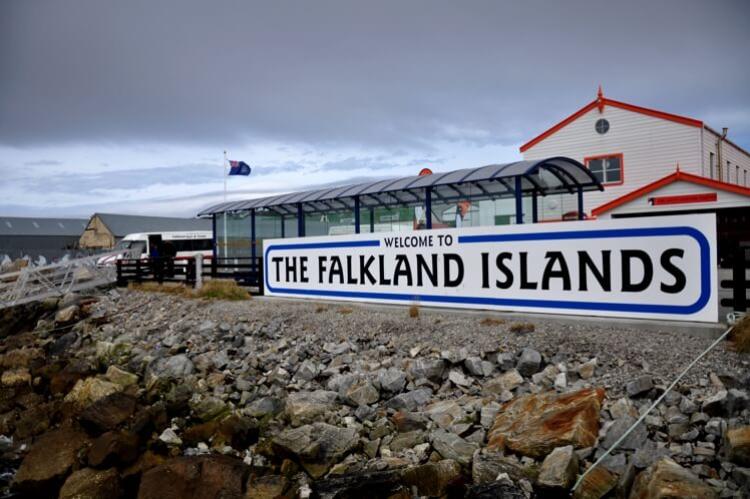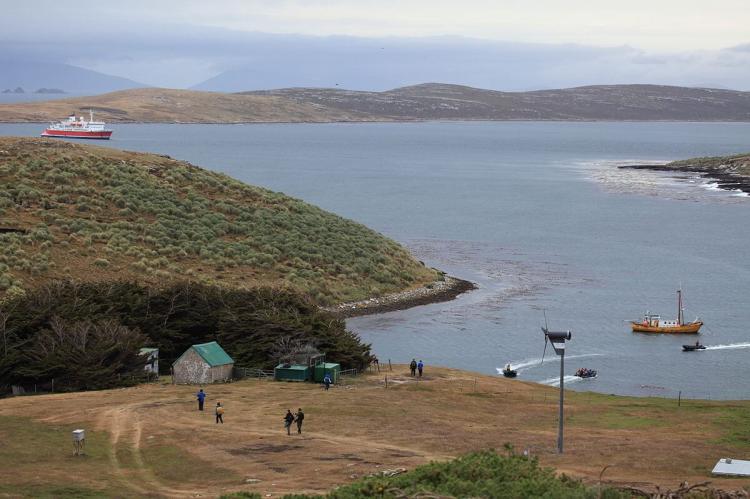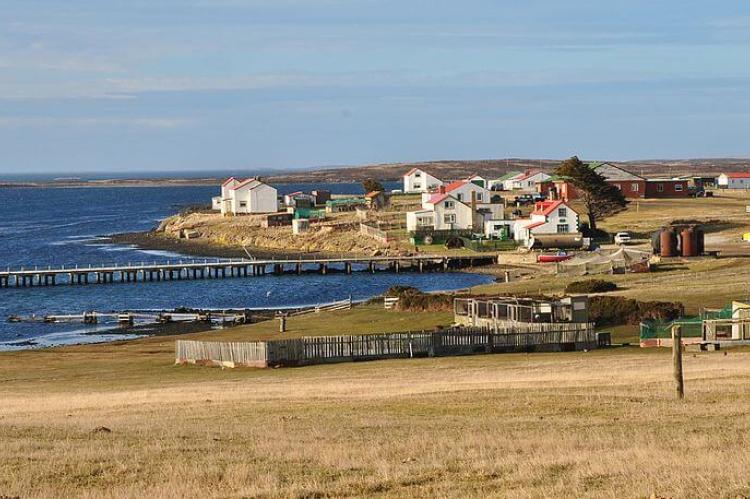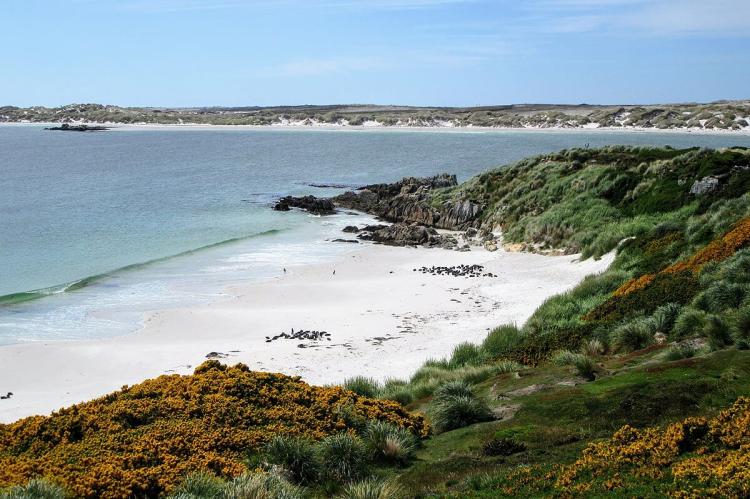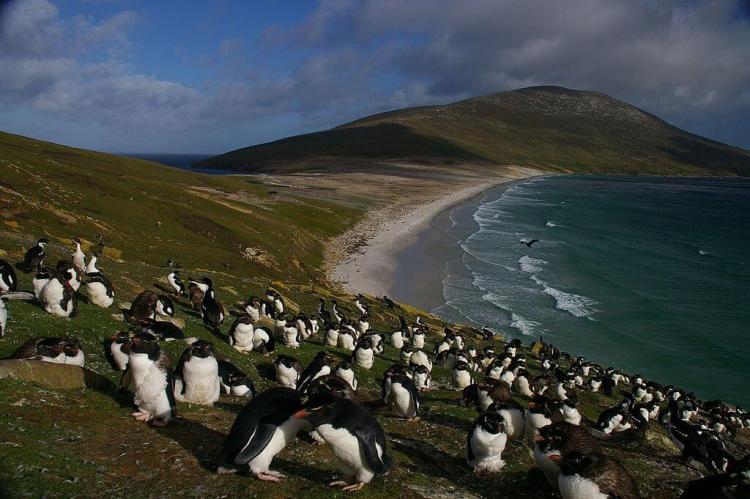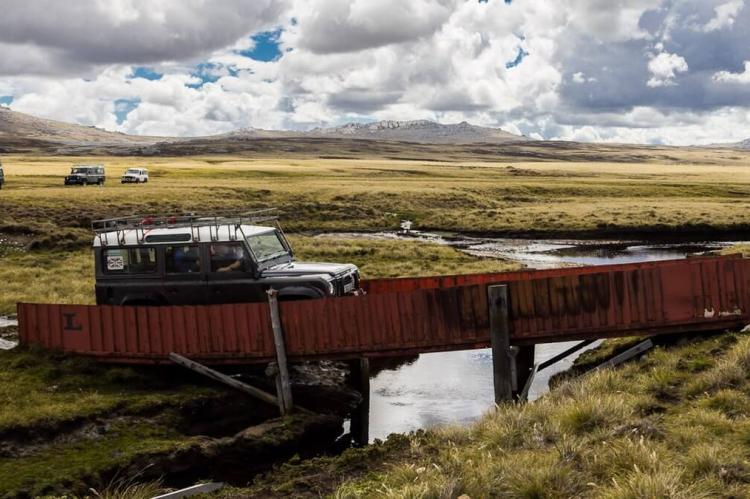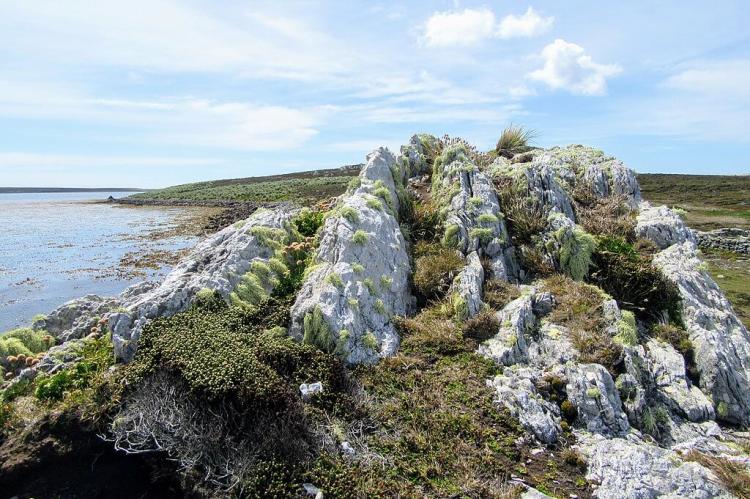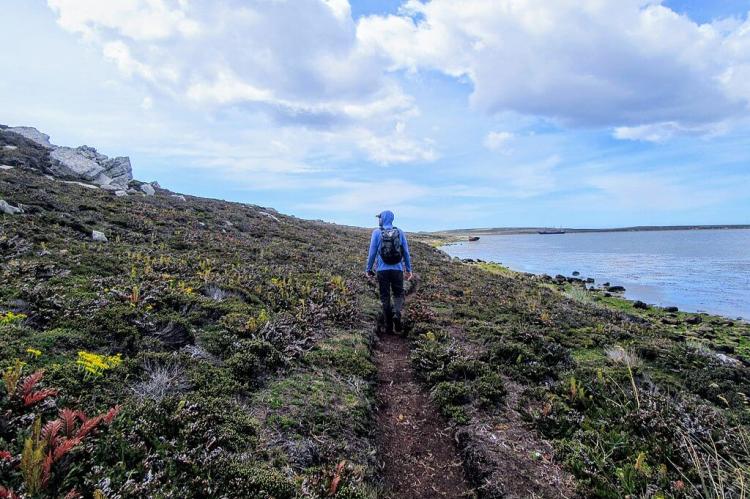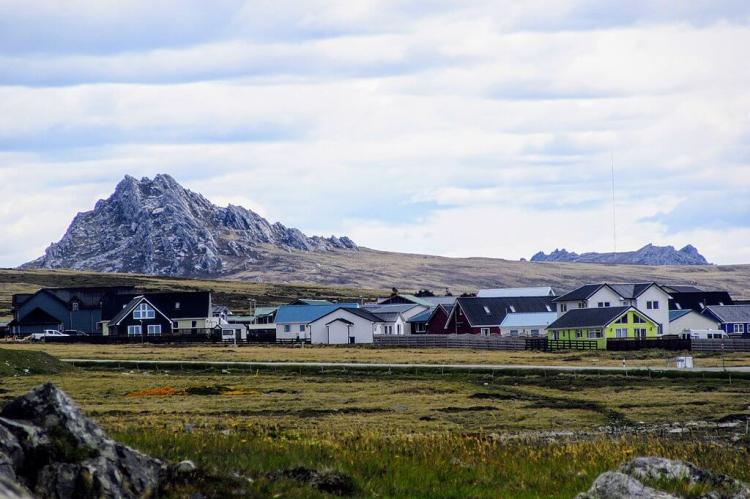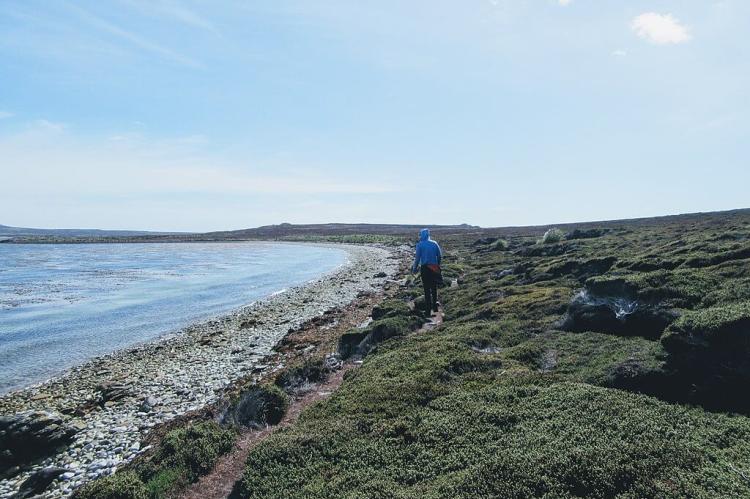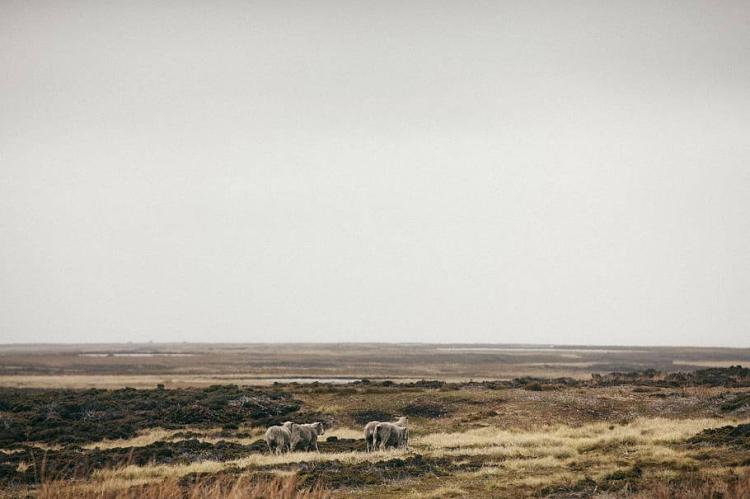The Falkland Islands: Navigating History, Identity, and Nature in the South Atlantic
The Falkland Islands, or Islas Malvinas in Spanish, are a British Overseas Territory in the South Atlantic Ocean. This remote archipelago, located east of Argentina's southern coast, consists of two main islands—East and West Falkland—and hundreds of smaller islands and islets.
The Falkland Islands: A Unique Archipelago at the Crossroads of History, Culture, and Nature
The Falkland Islands, or Islas Malvinas in Spanish, are a British Overseas Territory in the South Atlantic Ocean. This remote archipelago, located approximately 500 kilometers (300 miles) east of Argentina's southern coast, consists of two main islands—East and West Falkland—and hundreds of smaller islands and islets. The Falklands have garnered international attention due to their complex political history, unique cultural identity, and rich biodiversity.
Historical Context and Sovereignty Dispute
The Falkland Islands boast a tumultuous history marked by competing claims and international controversy. European explorers first sighted the archipelago in the early 16th century, with the British staking their claim in 1765. Over the centuries, the islands witnessed a succession of French, British, Spanish, and Argentine settlements.
In 1833, Britain reasserted its rule over the Falklands, a move that Argentina has consistently contested. This longstanding sovereignty dispute culminated in the Falklands War of 1982, a brief but intense conflict between the United Kingdom and Argentina. Although the war resulted in a British victory, the underlying territorial dispute remains unresolved, contributing to ongoing diplomatic tensions between the two nations.
Governance and Administration
As a British Overseas Territory, the Falkland Islands enjoy a high degree of self-governance within the framework of British sovereignty. The islands operate under a parliamentary democratic system, with the British monarch serving as the head of state, represented locally by a Governor. Domestic affairs are managed by the Executive Council, led by a Chief Executive Officer.
The Falkland Islands Government exercises authority over internal matters, while the United Kingdom assumes responsibility for defense and foreign affairs. A British military garrison is permanently stationed on the islands, supplemented by an additional platoon funded by the local government.
The capital and largest settlement, Stanley (formerly Port Stanley), houses approximately two-thirds of the islands' population and serves as the seat of government. The Falklands assert an exclusive economic zone (EEZ) extending 200 nautical miles from their coastal baselines, in accordance with the United Nations Convention on the Law of the Sea.
Economic Landscape
The Falkland Islands' economy is characterized by its reliance on primary industries and emerging sectors. Traditionally, agriculture—particularly sheep farming—and fishing have formed the backbone of the local economy. Wool and fish products are major exports, contributing significantly to the economic output of the islands.
In recent years, tourism has emerged as an increasingly important economic driver. The Falklands' pristine natural environment, abundant wildlife, and unique cultural heritage attract visitors interested in birdwatching, fishing, and eco-tourism activities.
The potential for oil exploration in the waters surrounding the Falklands has sparked economic interest and controversy. While the Falkland Islands Government has licensed offshore exploration, these activities remain contentious due to ongoing maritime disputes with Argentina.
Population and Cultural Identity
The Falkland Islands have a small but diverse population of approximately 3,600 residents as of 2021. The majority of inhabitants are native-born Falkland Islanders of British descent, with smaller communities of French, Gibraltarian, and Scandinavian origin. Recent immigration from the United Kingdom, Saint Helena, and Chile has helped to reverse previous population declines.
Under the British Nationality (Falkland Islands) Act 1983, Falkland Islanders are recognized as British citizens. English is the official language and the predominant means of communication throughout the archipelago.
The islands' unique cultural identity is celebrated through various events and festivals that showcase traditional music, dance, and cuisine. These cultural expressions reflect the Falklands' distinct heritage and connections to British and South American influences.
Natural Environment and Biodiversity
The Falkland Islands' geographical location on the Patagonian Shelf imbues the archipelago with a rich and diverse natural environment. The landscape is characterized by rolling plains, rugged hills, and extensive coastlines, covering approximately 12,200 square kilometers (4,700 square miles).
The islands experience a cool maritime climate, with temperatures ranging from 5°C to 16°C (40°F to 60°F) throughout the year. The weather is notoriously changeable, featuring rapid shifts between sunny and cloudy conditions, accompanied by strong winds and frequent precipitation.
Biogeographically, the Falklands are part of the Antarctic zone, with strong ecological connections to Patagonia. The archipelago's fauna is particularly notable for its avian diversity. Land birds constitute a significant portion of the local avifauna, complemented by an impressive array of seabirds, including five species of breeding penguins: king, rockhopper, Magellanic, gentoo, and macaroni.
Marine mammals, such as southern elephant seals, South American fur seals, and sea lions, are familiar sights along the coastlines. The waters surrounding the Falklands support a rich marine ecosystem, contributing to the islands' biodiversity and economic importance.
The Falklands' flora is characterized by wind-resistant vegetation, predominantly comprising dwarf shrubs and various grass species. The absence of native trees has led to the proliferation of tussac grass, which plays a crucial role in providing micro-habitats for numerous bird and invertebrate species.
Conservation Efforts
Recognizing the ecological significance of their natural heritage, the Falkland Islands have implemented robust conservation measures. Several nature reserves and protected areas have been established to safeguard the archipelago's unique ecosystems and wildlife. These efforts aim to balance environmental preservation with sustainable economic development, ensuring the long-term viability of the Falklands' natural resources.
Conclusion
The Falkland Islands are a testament to the complex interplay between history, politics, culture, and nature. With its contested past and vibrant present, this remote archipelago continues to captivate global attention. As the Falklands navigate the challenges of the 21st century, including economic diversification, environmental conservation, and ongoing diplomatic tensions, they remain a unique and fascinating corner of the world, offering insights into the delicate balance between human habitation and natural preservation in isolated oceanic environments.
